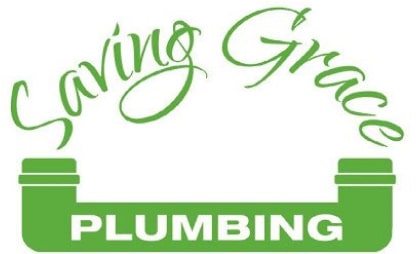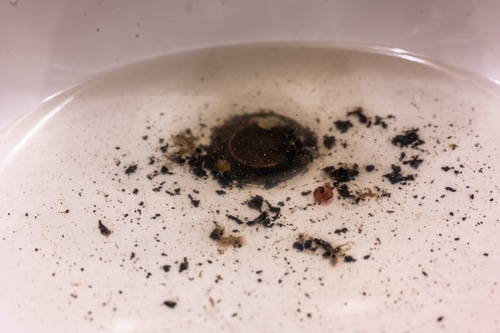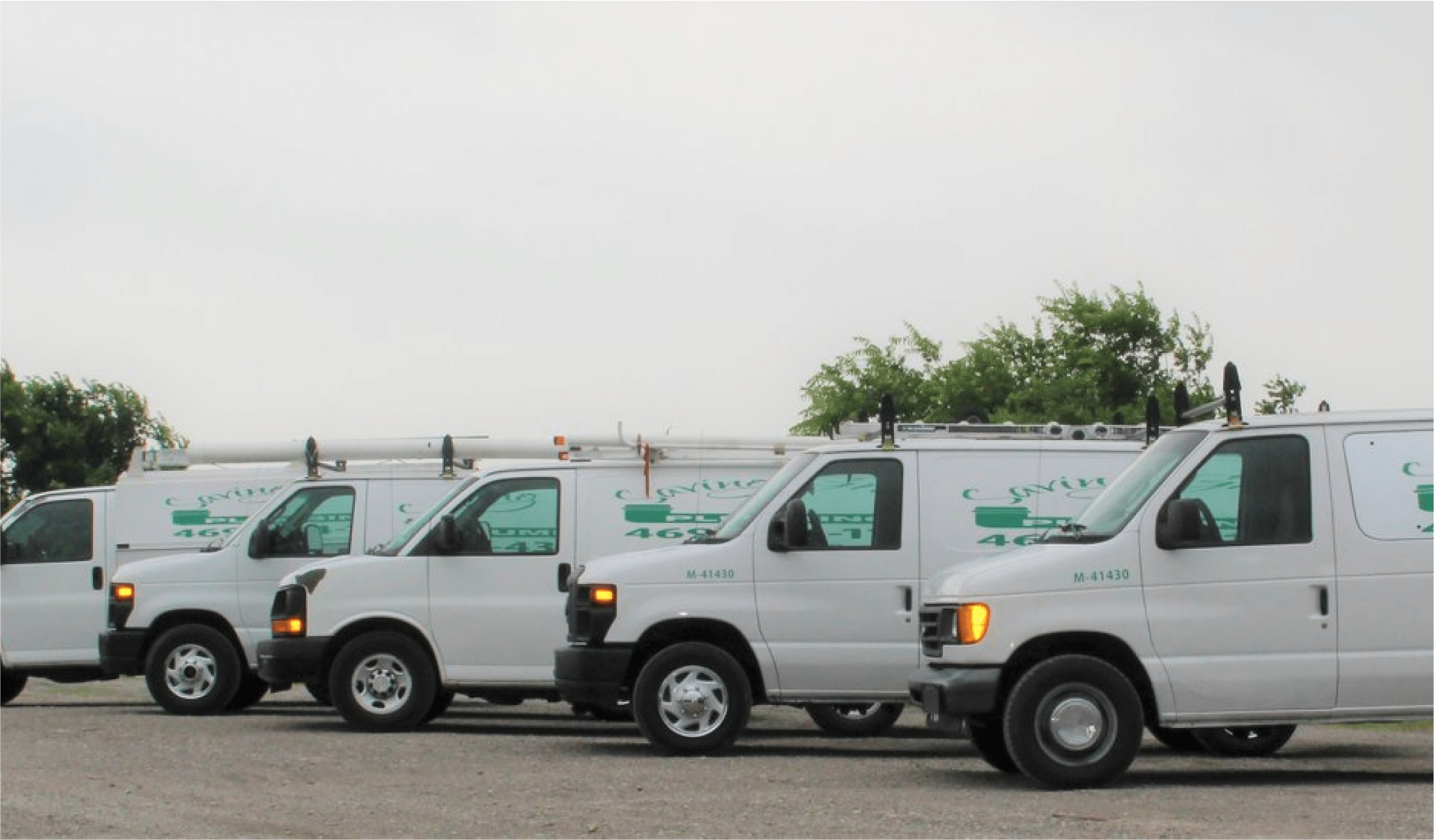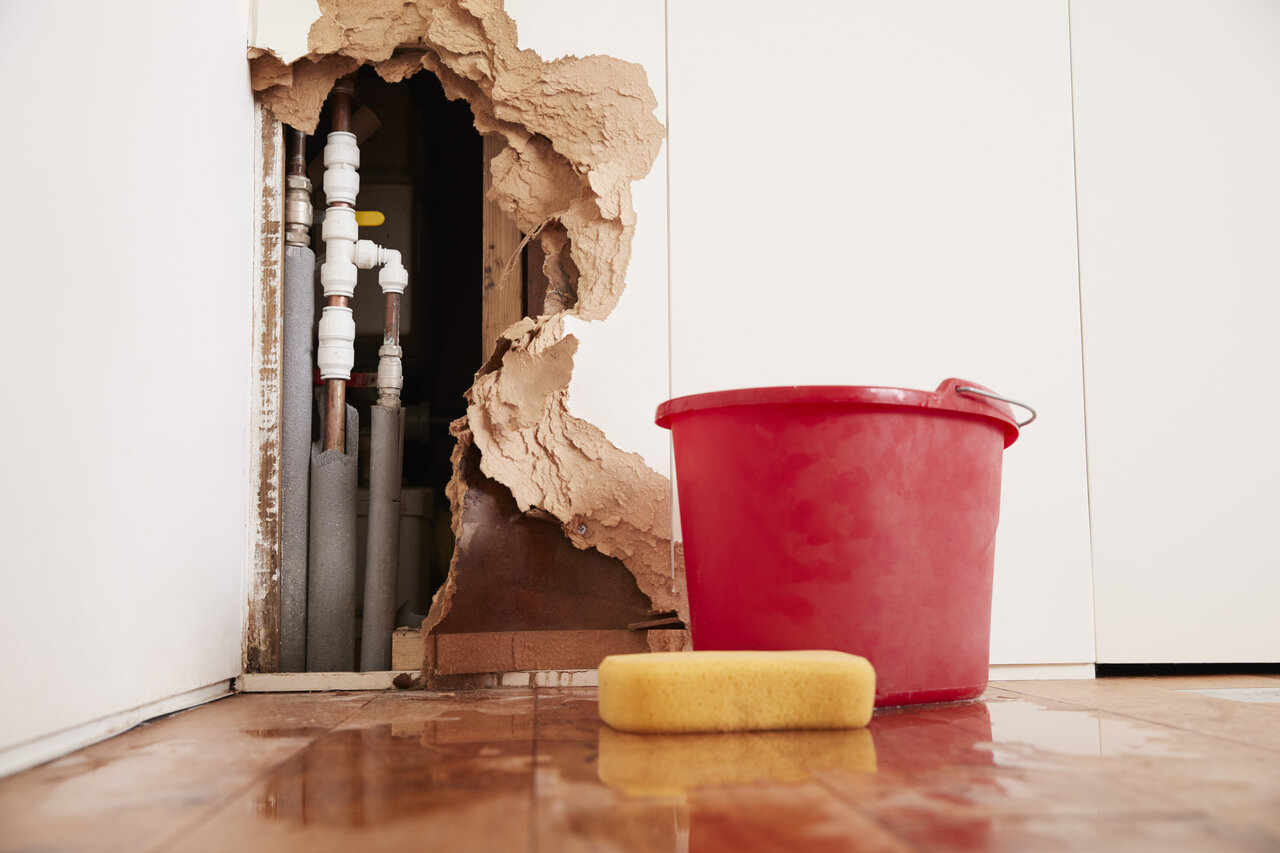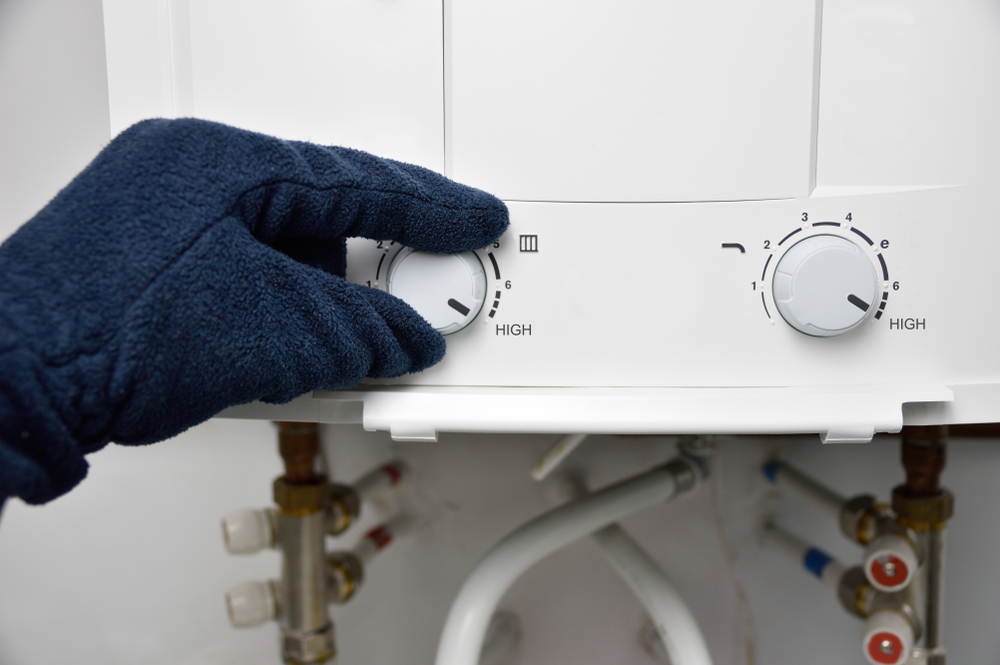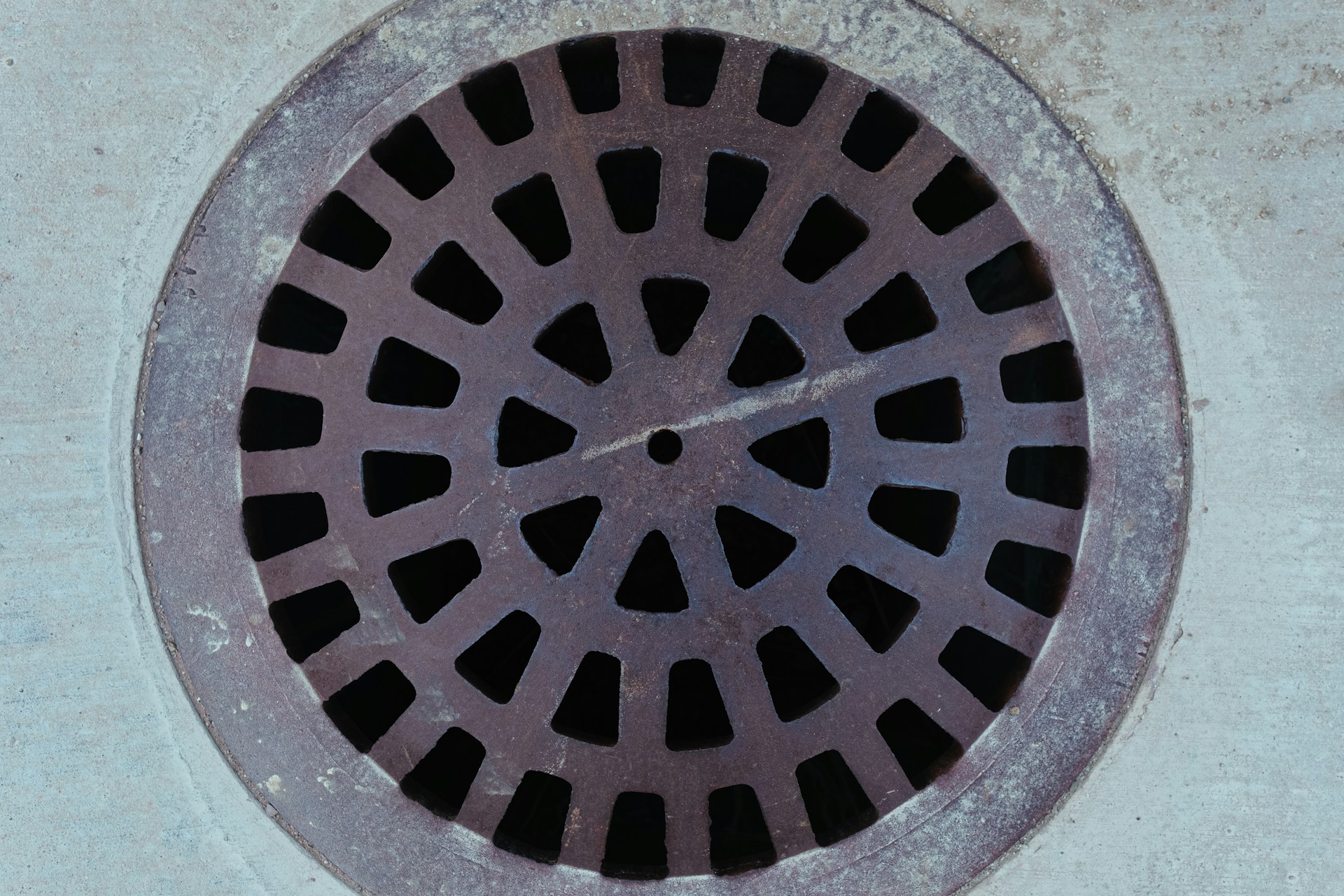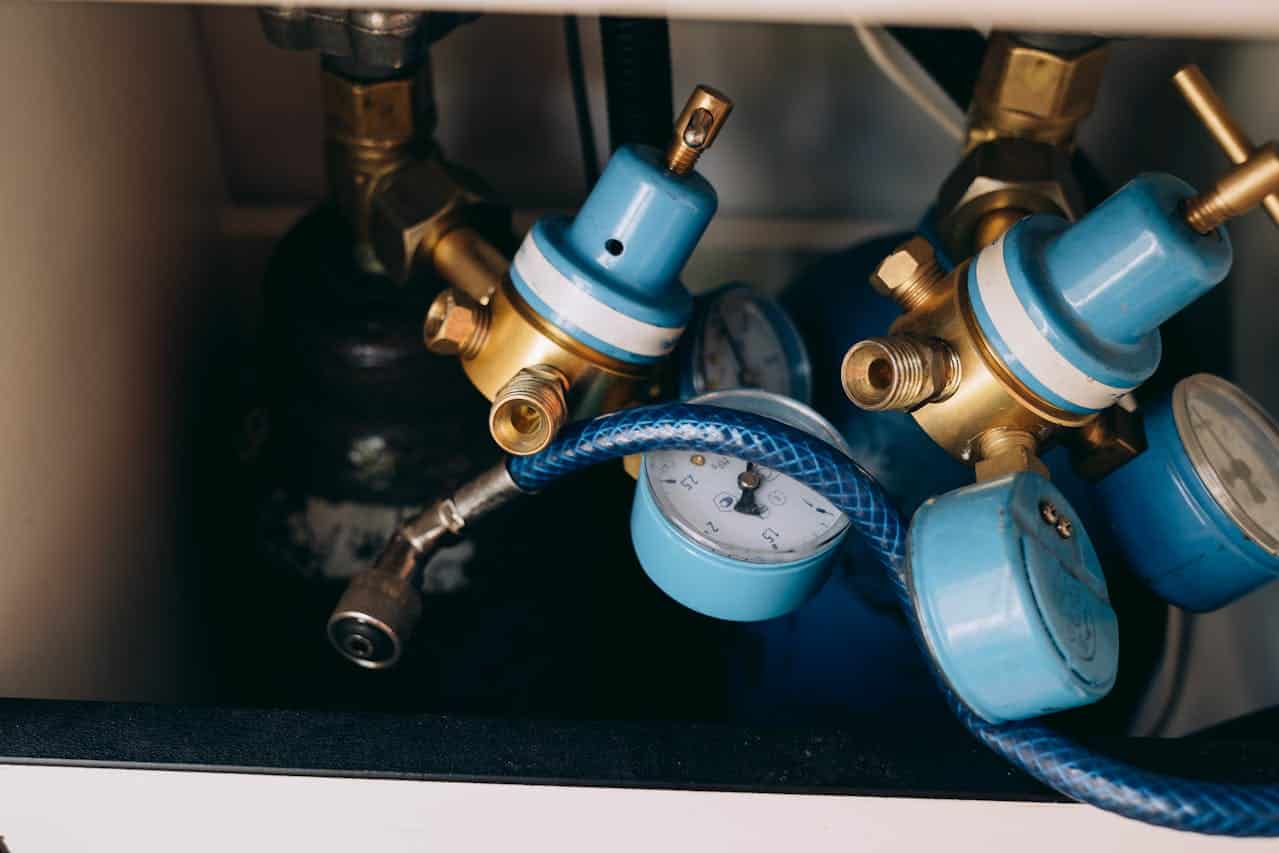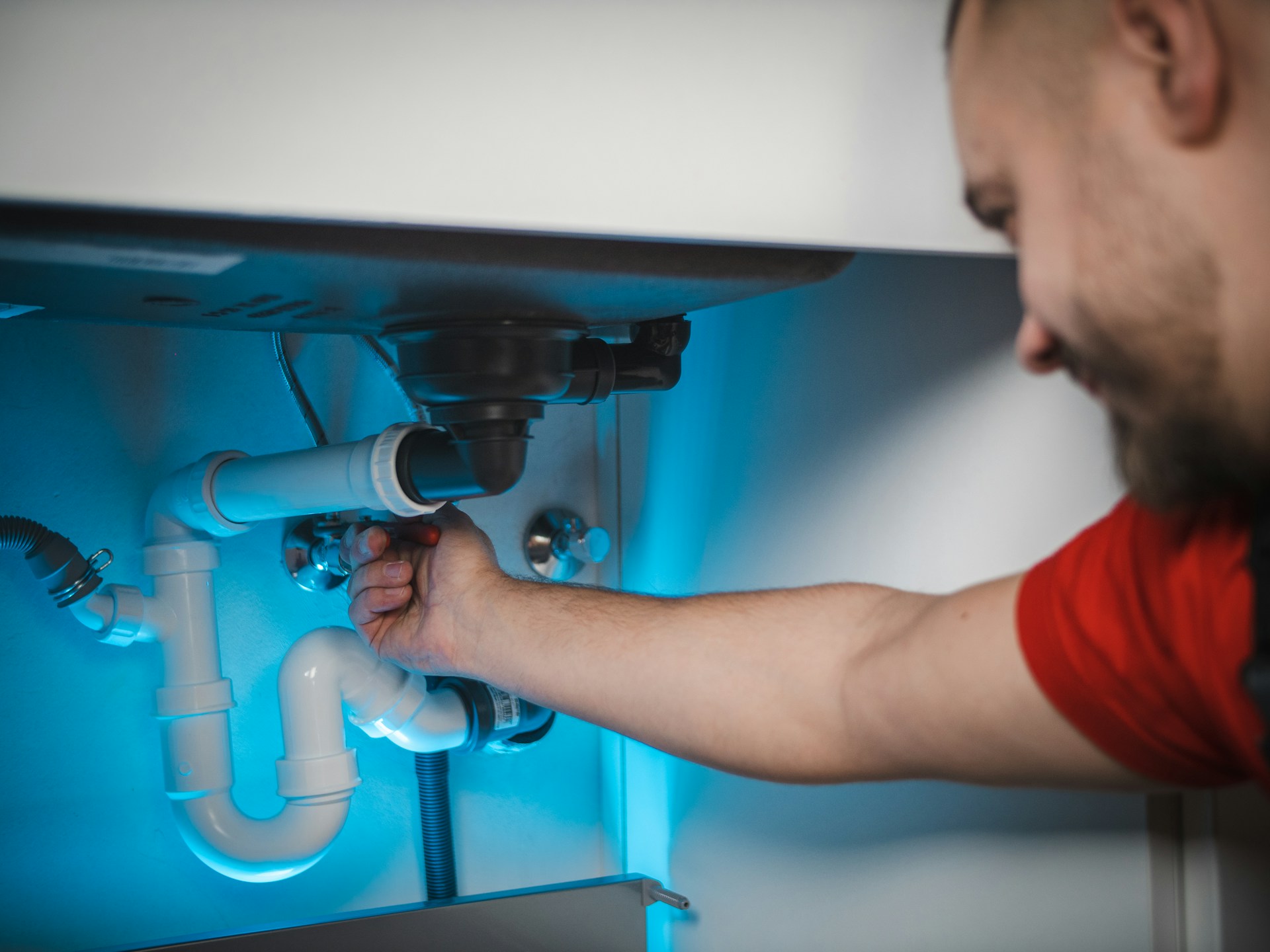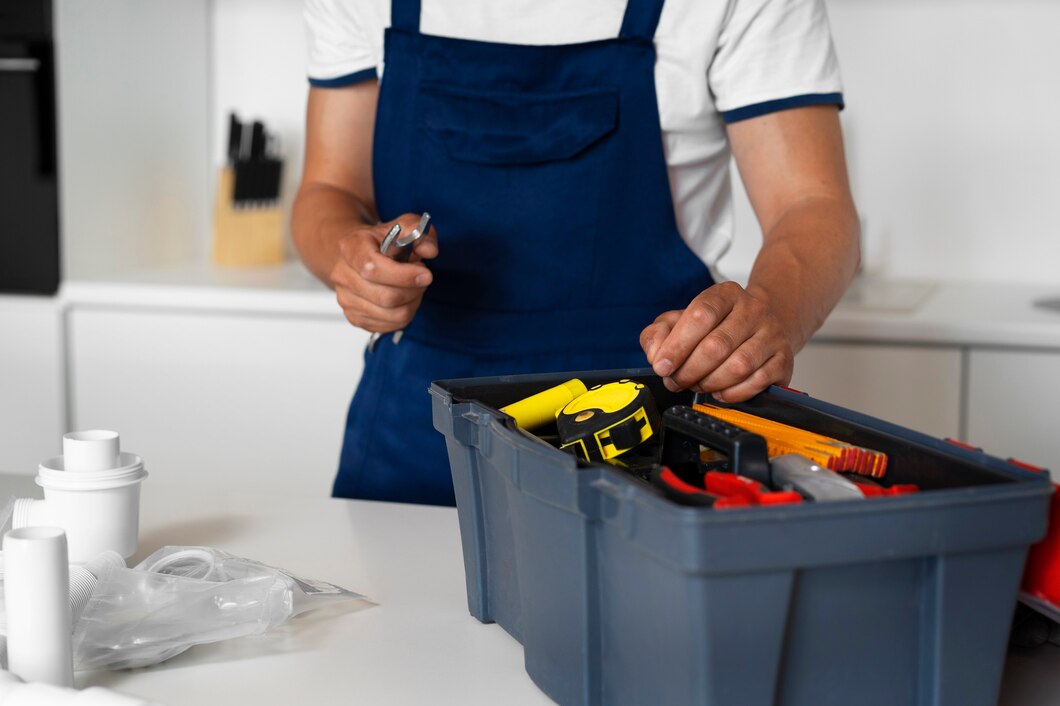As responsible homeowners, we often focus on maintaining the visible aspects of our properties, such as the garden, the roof, or the interior decor. However, there’s one vital yet often overlooked element that plays a crucial role in the smooth functioning of our homes – the sewer line. Regular sewer line maintenance is of paramount importance, as neglecting it can lead to costly and messy consequences. In this comprehensive guide, we’ll delve into the reasons why sewer line maintenance should be a top priority, how to identify potential issues, and the best practices for keeping your sewer system in top-notch condition.
Understanding the Role of Sewer Lines
Sewer lines are the underground pipelines that transport wastewater from our homes to the main municipal sewer system. They play a pivotal role in keeping our homes and neighborhoods clean and hygienic. These lines handle not only domestic wastewater but also the waste from commercial establishments and industries. Regular maintenance ensures that these sewer lines continue to function optimally, preventing blockages and leaks that can disrupt the entire system.
Avoiding Costly Repairs with Regular Inspections
One of the most compelling reasons for investing in regular sewer line maintenance is the potential cost savings in the long run. Routine inspections can help detect minor issues before they escalate into major problems. Identifying and addressing small cracks, root intrusions, or blockages early on can prevent expensive repairs or even complete replacement of the sewer line, which can run into thousands of dollars.
Preserving Your Home’s Structural Integrity
The health of your home’s sewer line is closely tied to its structural integrity. When sewer lines develop leaks or cracks, they can seep into the surrounding soil, causing it to become unstable. Over time, this can lead to foundation problems and structural damage to your property. Regular maintenance safeguards your home against such issues and ensures its stability for years to come.
Preventing Health Hazards
A poorly maintained sewer line can pose serious health hazards to you and your family. Wastewater contains harmful pathogens and bacteria that can cause a range of illnesses if they seep into your home or the surrounding environment. Regular maintenance, including cleaning and disinfecting the sewer line, helps mitigate these health risks, ensuring a safe living environment.
Environmental Impact
Neglecting sewer line maintenance doesn’t just affect your property; it also has significant consequences for the environment. Leaking sewer lines can contaminate groundwater and nearby bodies of water, leading to water pollution and harm to aquatic life. By taking proper care of your sewer line, you contribute to preserving the environment and conserving natural resources.
Signs of Sewer Line Issues
Recognizing the signs of potential sewer line problems can help you take prompt action. Look out for:
Persistent Foul Odors
If you notice foul odors emanating from your drains or yard, it may indicate sewer line issues. The smell is a result of trapped wastewater that is unable to flow freely through the sewer line.
Slow Drains and Gurgling Noises
Slow drainage in sinks, tubs, or toilets and gurgling noises when flushing are clear indicators of a possible sewer line clog or blockage.
Sewage Backup
Perhaps the most unpleasant sign of sewer line trouble is sewage backing up into your home. This can happen through sinks, bathtubs, or floor drains, and it demands immediate attention.
Lush Patches of Grass
Unusually lush patches of grass in your yard, particularly near the sewer line, might suggest leaks that are fertilizing the surrounding soil.
DIY vs. Professional Maintenance
While some minor sewer line issues can be resolved with DIY measures, such as using drain snakes or chemical cleaners, it’s essential to know when to call in the professionals. Professional plumbers have the expertise, tools, and experience to conduct thorough inspections, identify hidden issues, and provide long-lasting solutions.
The Importance of Regular Cleaning
Routine cleaning of your sewer line is crucial in preventing blockages and maintaining optimal functionality. Professional cleaning methods, such as hydro jetting, use high-pressure water to clear obstructions and remove debris, ensuring your sewer line operates smoothly.
Tree Root Intrusions
Tree roots seeking moisture can infiltrate sewer lines through small cracks, leading to clogs and pipe damage. Regular inspections can identify these intrusions early on and prevent extensive damage.
Burst Sewer Lines
Age, ground movements, or extreme weather conditions can cause sewer lines to burst. Regular maintenance helps detect weaknesses in the pipes, reducing the risk of sudden failures.
Conclusion
Taking care of your sewer line may not be the most glamorous aspect of homeownership, but it’s undoubtedly one of the most critical. Regular maintenance ensures the proper functioning of your sewer system, prevents costly repairs, and safeguards your property and the environment. Don’t wait for problems to arise; invest in sewer line maintenance today for a healthier, safer, and more stable home.
FAQs
Q1: How often should I have my sewer line inspected?
A1: For most homes, an annual inspection is recommended. However, if you have older pipes or have experienced sewer line issues in the past, more frequent inspections may be necessary.
Q2: Can I use chemical cleaners to clear sewer line clogs?
A2: While chemical cleaners can be effective in clearing minor clogs, they can also damage pipes and harm the environment. It’s best to use them sparingly and consider professional cleaning methods for stubborn blockages.
Q3: How do tree roots damage sewer lines?
A3: Tree roots can infiltrate small cracks in sewer pipes in search of water. As they grow, they can cause blockages and even lead to pipe collapse.
Q4: Is sewer line maintenance covered by homeowner’s insurance?
A4: Standard homeowner’s insurance typically does not cover sewer line maintenance or repairs. However, some insurance companies offer optional coverage for sewer lines.
Q5: Can I perform sewer line maintenance myself?
A5: While some minor maintenance tasks can be done DIY, such as keeping drains clear, professional inspections and cleaning are best left to experienced plumbers.
